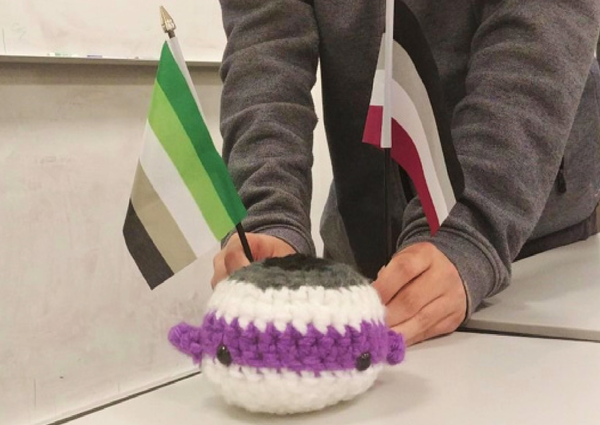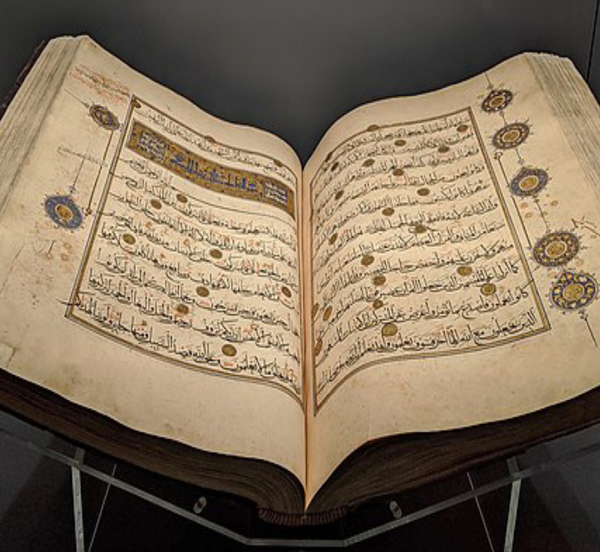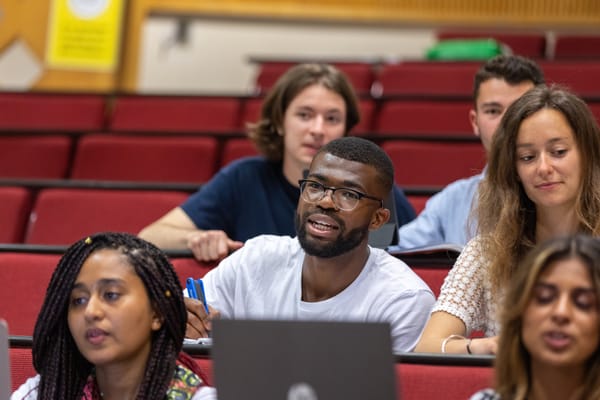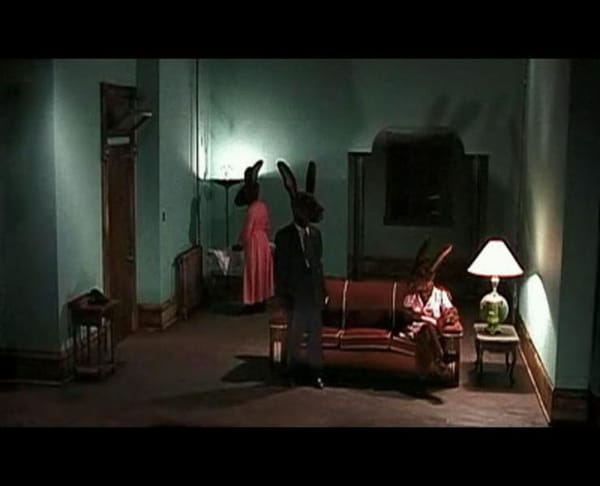What does the Union President do anyway, and who cares?
Felix Co-Editor-in-Chief Isabella Ward reflects on this year’s leadership elections
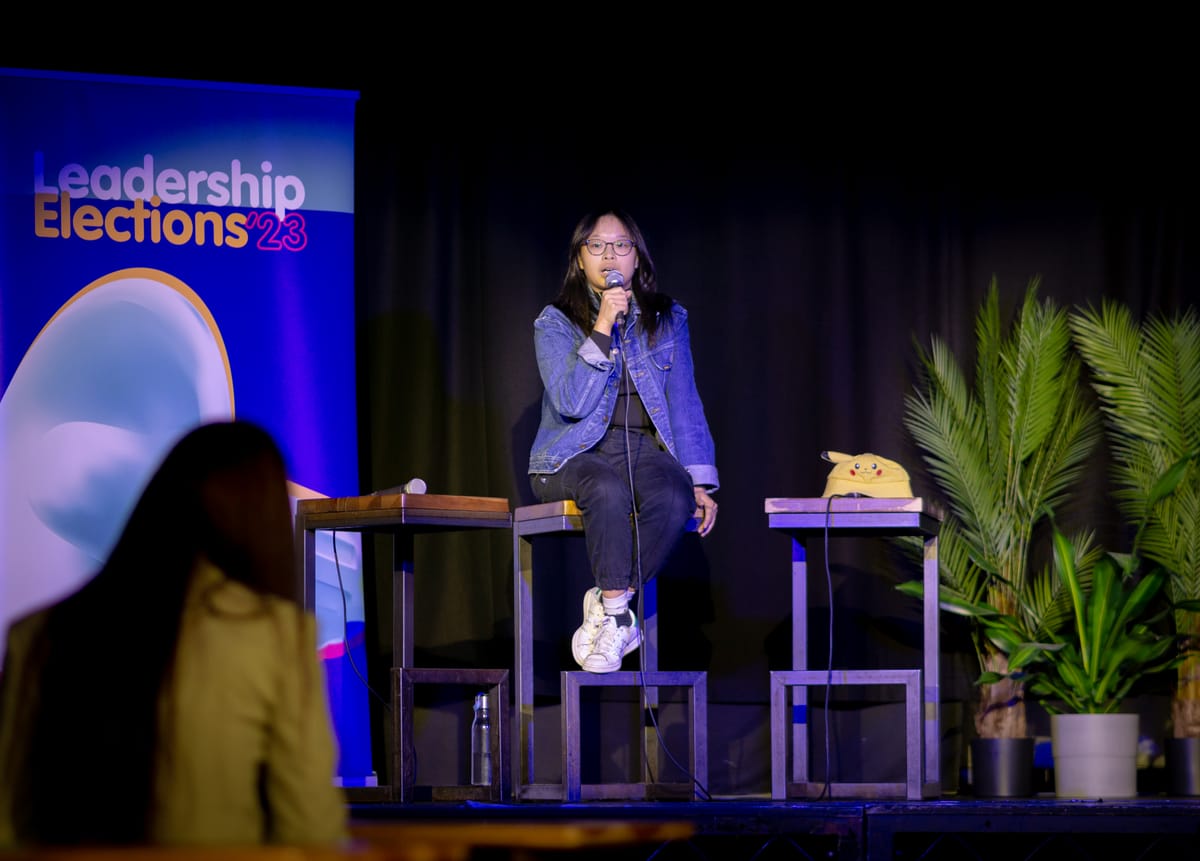
I am sitting on the Metric stage, microphone in hand, ready to host the second Hustings for the 2023 Imperial College Union Leadership Elections. Tonight will see candidates for the roles of Deputy President (Welfare), Deputy President (Education), and Union President address students and answer questions. Voting has been open for over four hours. Next to me sits Andreea Cojocea, contestant for Deputy President (Welfare), a role ‘responsible for driving permanent and student-led change to College’s culture to make Imperial a welcoming and supportive place to study,’ with a salary of circa £35k. Her opponent is not present, meaning Andreea is the only one of the two who must respond to questions about the role and her manifesto on the spot. This can be daunting and difficult, and in principle it seems unfair that only Andreea should be put to this test without any consequence for the absentee.

In reality, few people are watching. The 30-strong audience consists almost entirely of either other candidates waiting for their turn, or friends of the candidates. Not that Andreea can see them: both of us are blinded by fierce white light which I suppose makes for a clearer image on the Instagram livestream. The event garners little interest there too. Students such as myself have been staying away from Instagram recently as our feed has become a landfill of campaign accounts that I only followed out of fear of rudeness. Candidates are only allowed to begin campaigning less than five days before voting opens, so these accounts are short-lived.
Furthermore, the fact that I am not allowed to comment on or query candidates’ responses significantly reduces the likelihood that they will be undermined during the event, as it enables them to get away with unsatisfying, or even just factually incorrect, responses.
“With my vast experience at the Union, having been part of zero committees and having held no serious leadership position whatsoever, I think I know exactly how the Union is being run and how to make all the changes you want to hear and see.”
Hustings is an opportunity to question those running in the Union Leadership Elections for the positions of Council Chair, Deputy Presidents for Welfare, Financial Services, Clubs and Societies, and Education, and Union President. Students can send in questions for candidates, grilling them on anything from their past experience to their future plans and promises laid out in their manifesto, and how they will keep them. Yet so few questions have been sent in that almost all questions have been written by the Felix editorial team. It seems that students don’t have questions and don’t want answers. When I last checked, at 4 p.m. that day – two hours before hustings begins – nearly 30% of the final voting turnout had already cast their virtual ballots.
All this makes one believe that students simply don’t care about their Union leadership team. But if they don’t care, then why are they voting at all?
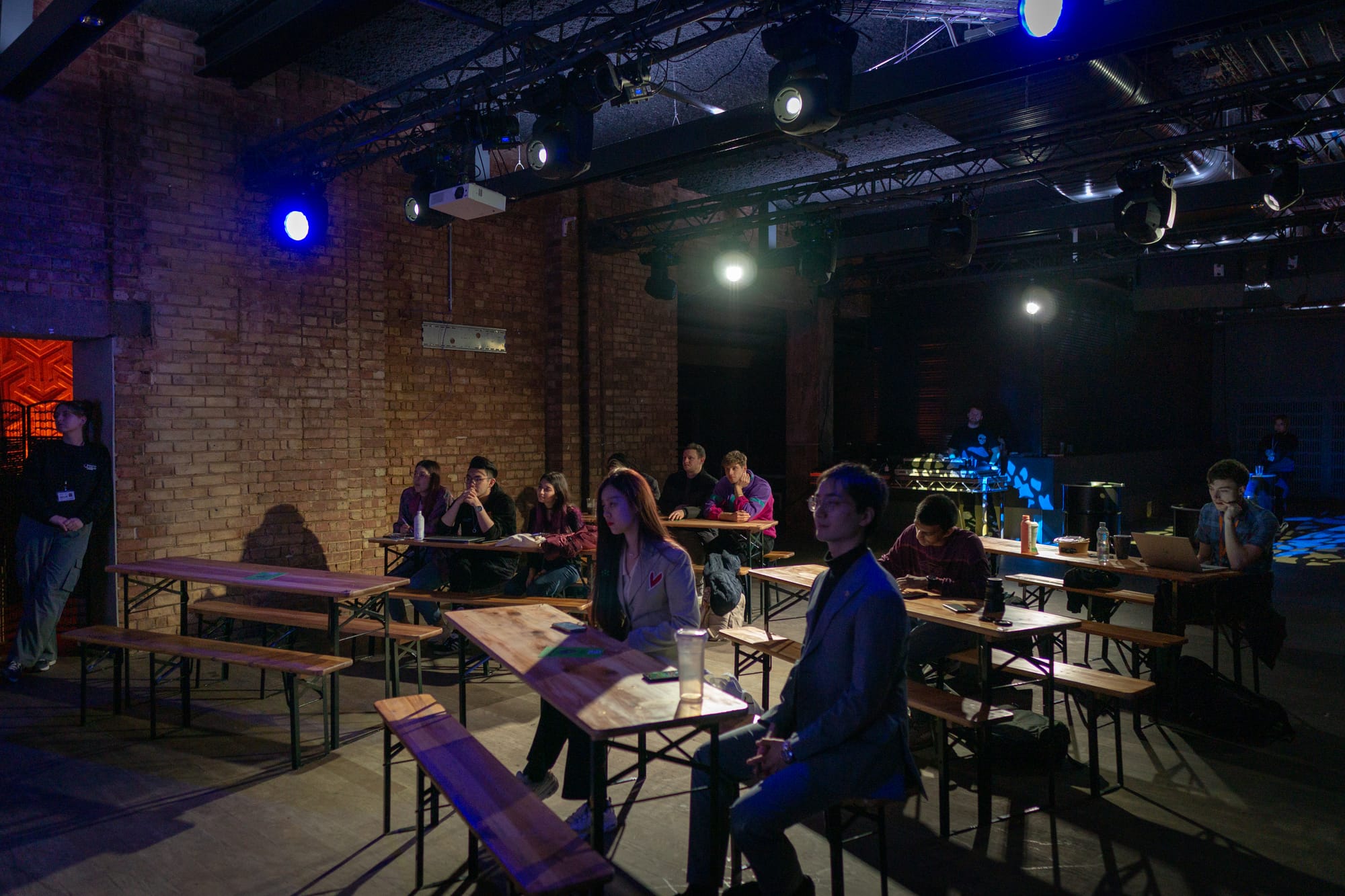
Perhaps they care more about personality and less about competence. Joke Union President candidate, Ioana ‘Christine’ Gavrilescu is running this year to show how easy it is to be endorsed by people of influence within the Union, despite clearly being unfit for the role. Her campaign Instagram account boasts endorsements from the current DPFS and the CGCU President.
Either way, I believe that the lack of want to vet the competence of candidates reveals students’ doubt in their candidate’s capability to make a meaningful change. And perhaps this is warranted. On Tuesday, I asked the rerunning DPE how he had progressed with his manifesto from last year; his answer failed to highlight any tangible developments already made. Three months away from the end of his term, it seems unlikely that he will be able to see any significant change through. Perhaps Deputy Presidents are lumped with too many administrative tasks, or perhaps the College needs to work better alongside the Union to implement policy within shorter timeframes. Another option is to increase the length of tenure. Whilst the longer commitment could mean that there would be fewer candidates running for the roles, those who did would probably be considerably more competent and have a proven vocational desire to lead the Union.
“The Union President doesn’t have a mandate: they support Deputy Presidents with what they want to do.”
Later, the Union President candidates’ responses on how they would alleviate the pressures of the cost-of-living crisis for students don’t offer any hope that change may occur more rapidly. Camille Boutrolle answers that she would “establish what students need” and act accordingly. It’s a true politician’s answer – vague and incomplete – but let’s give her the benefit of the doubt that this isn’t just a cover for inadequate preparation. With her position beginning in midJuly, this initial research phase would not be completed by September at very least. By that point, students would have been experiencing the crisis for a year. College bursaries will have been agreed and grants allocated to Clubs, Societies and Projects (CSPs) months ago during the annual budgeting done by outgoing officers.
Even if they were able to stay in term for longer or move changes through more quickly, the incoherence between the manifestos of the Union President and DPs may add friction to processes. When asked how he will ensure his manifesto doesn’t interfere with that of the DPs, Presidential candidate Aleksei Wishart asserts, “The Union President doesn’t have a mandate: they support Deputy Presidents with what they want to do.” In her answer, Camille agrees. But this begs the question: if this is the case, why even write a manifesto?
The night concludes with the questioning of the Union President candidates, and Christine’s opening speech is wonderfully on the nose: “With my vast experience at the Union, having been part of zero committees and having held no serious leadership position whatsoever, I think I know exactly how the Union is being run and how to make all the changes you want to hear and see.”
A line like this hits hard for the serious candidates Aleksei and Camille, neither of whom have held a position on Union Council: a body integral to the Union’s democratic structure. When questioned on this they take different approaches. Aleksei waves it aside as “the only box [he] has not ticked”, having been Vice President of Electrical Engineering Society and Sports Sector Treasurer, whilst Camille concedes that she does not have the experience, but that she didn’t either when she took on the role of Netball President (due to her lack of experience with the normal operations of the club thanks to COVID-19) and was still able to succeed.
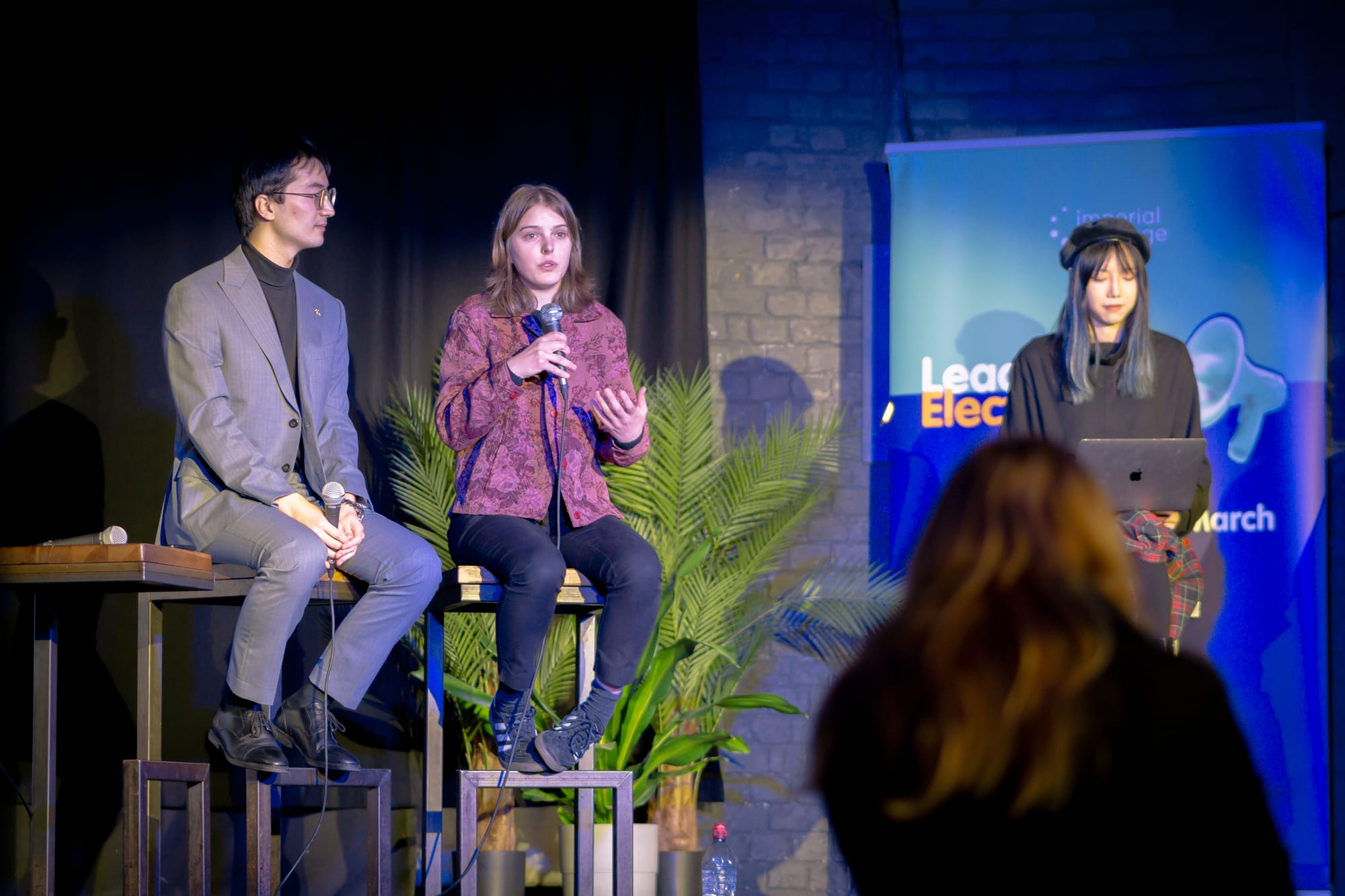
Neither is a satisfying answer (it’s a pretty crucial box), but Camille has raised an interesting point: is the pandemic to blame for such disinterest amongst students and inexperienced candidates? In 2021/22, restrictions meant few CSPs operated normally and the Union building was mostly shut; students would have had little interaction with the workings of the Union. Is the inexperience and lack of engagement from third and fourth year students due to this? Indeed, this year’s voting turnout of 22.70% was seven percentage points lower than last year’s. Even at Union Council meetings, whilst there have been a few standout people showcasing a clear desire to tangibly improve the experiences of students during their tenure, most student body representatives just seem disinterested and disengaged.
Regardless, both Union President candidates are clearly out of their depth. There is a demonstrated lack of understanding in the actual role of the Union President, which Aleksei attributes to there being “no job description for Union President”. So why would they apply to a job with no description? For the title? For the power? Is it the management experience? It’s a question that neither have convincingly answered, despite Aleksei’s protestation that the role is designed “to make the lives of the DPs easier”. With a set of DPs of which several are similarly inexperienced – for example, the DP(E) cites the ‘mums and dads’ scheme as relevant experience – trying to insert any ‘ease’ into the roles of the DPs will be a big undertaking.
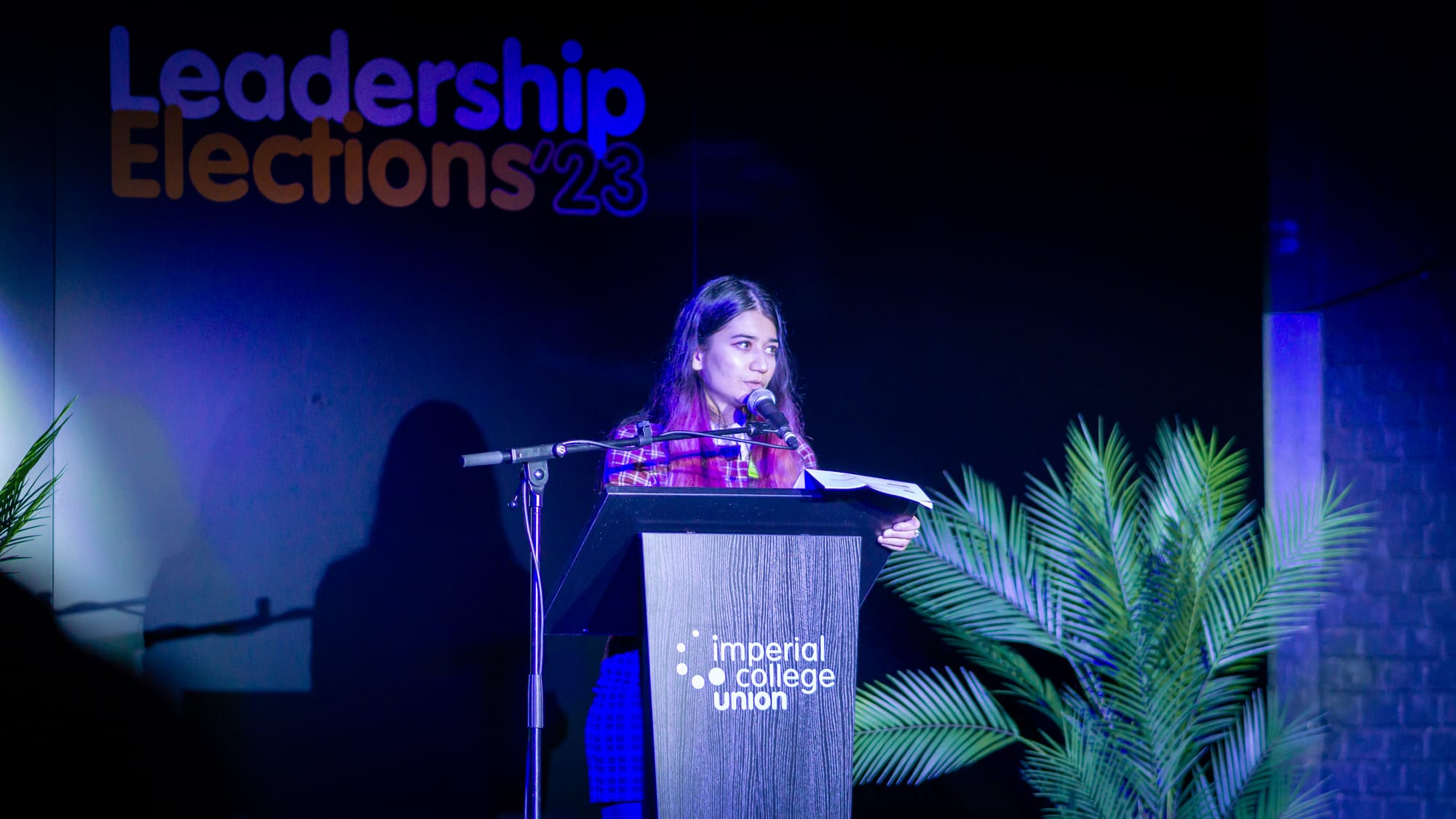
Three days later, we are back in Metric for results night. The size of the crowd has increased, but only because all candidates ought to be there to hear if they have succeeded. It’s about as lively as a usual Decibel night. In fact, it is a Decibel night; candidates have been given free entry to the St Paddy’s club night following the announcements of results. The crowd diminishes in size as the event goes on and candidates leave after hearing what they have been waiting for.
Notably, Christine receives fewer votes than the other joke campaigner, who not only did not campaign at all, but also in his manifesto implored potential supporters to vote to reopen nominations instead of voting for him, saying. “I am entirely, profoundly unsuitable for such a role.” If only all candidates were this honest.


